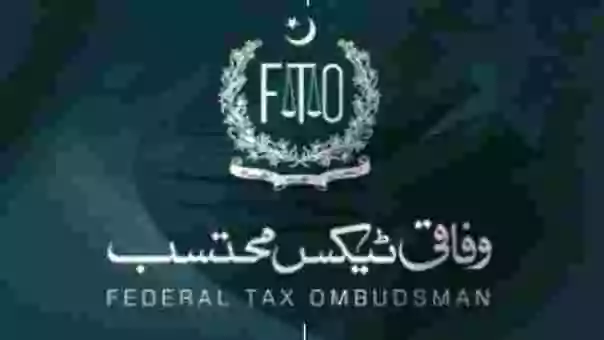Multan, August 31, 2025 – Federal Tax Ombudsman (FTO) Dr. Asif Mahmood Jah underscored that “tax is the backbone of the economy” during the launch of his latest book, Mohtasib Ki Diary, at the Multan Chamber of Commerce and Industry (MCCI).
The event reflected a blend of intellectual discourse and economic dialogue, emphasizing accountability, transparency, and public welfare.
The ceremony was attended by distinguished participants, including Incharge FTO Regional Office Multan Dr. Khalil Ahmad, Legal Advisor FTO Islamabad Almas Ali Jundha, MCCI Vice President Azhar Baloch, Khawaja Muhammad Younis, Dr. Riaz Ranjha, MD National Book Foundation Kamran Jahangir, Naveed Iqbal Chughtai, Younis Ghazi, MCCI Secretary Muhammad Shafiq, along with prominent writers, business leaders, and members of civil society.
In his remarks, Dr. Asif described Mohtasib Ki Diary as more than just a literary work — a narrative capturing his experiences and challenges while addressing taxpayers’ grievances. “The diary reflects the human side of governance, the importance of empathy, and the value of service to society,” he said, adding that the FTO’s office had received validation from the President of Pakistan for 98 of its decisions, reinforcing public trust in its reforms.
He highlighted the institution’s proactive role in assisting citizens during national crises, including floods, and assured that the FTO has streamlined complaint resolution through digital platforms for faster access to justice.
Earlier, MCCI Senior Vice President Mohsin Masood Khawaja commended Dr. Asif for his commitment to corporate social responsibility, noting that Mohtasib Ki Diary stands as a testament to his dedication to taxpayers and governance reforms. However, he also raised concerns over controversial provisions introduced through the Finance Act 2025–26, particularly Sections 37-A and 37-B, which empower FBR officers to arrest and detain individuals. Khawaja warned that these measures could foster harassment and corruption, urging the FTO to intervene.
Prominent literary figures, including Khalid Masood Khan, Nawazish Ali Nadeem, Qamar Raza Shahzad, and Qaiser Abbas Sabir, praised the diary for offering valuable guidance to future generations. They lauded Dr. Asif for blending literary expression with public service, making Mohtasib Ki Diary a meaningful contribution to Pakistan’s socio-economic narrative.
